Here is the description of my workshop:
Getting into the minds of ‘others’ can be a daunting task, but it is an essential skill for writers. The goal of the workshop is to help writers develop empathetic details about characters unfamiliar to themselves. It unfolds in three phases. In the first phase, we free-write on seemingly innocuous details. In the second phase, we develop a bland characterization of someone we have never written about before: a basketball coach, or a university janitor, or whomever the case may be. In the third phase, we develop a scenario in which our ‘bland’ character notices and interacts with the innocuous details the we depicted in Phase 1. The exercise, in sum, forces us to confront the ‘other,’ get inside their heads, and empathize with their daily existence.
If you are a veteran, and you think this workshop sounds interesting, then you can sign up for it at at the AA&SC website.
There will also be a series of panels presented by industry professionals on a range of topics, including writing, publishing, film-making, and the like.
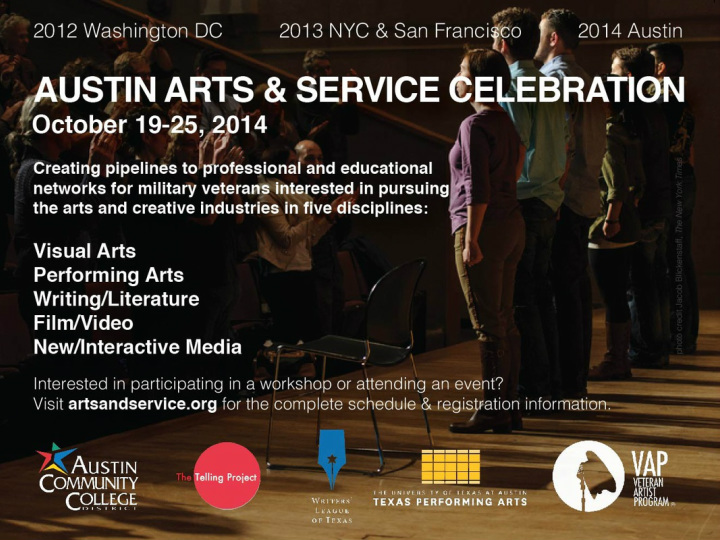

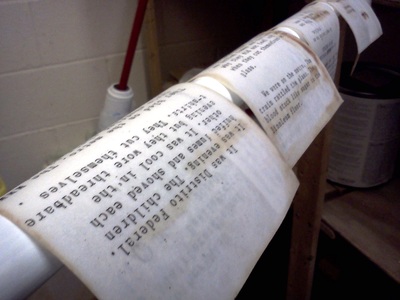
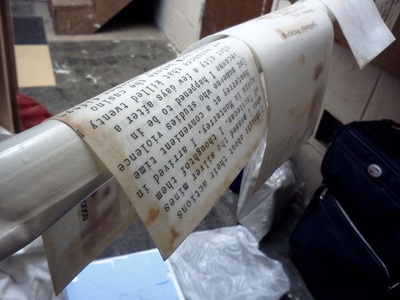
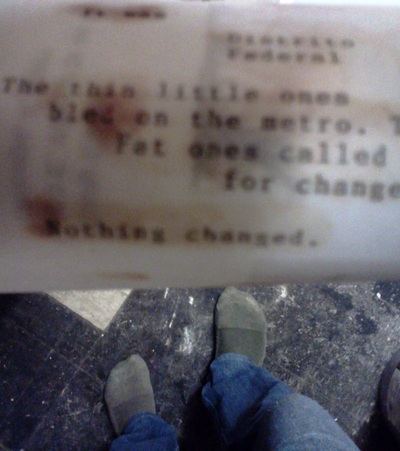
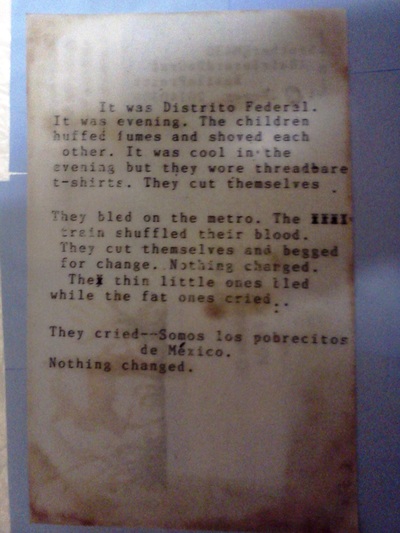
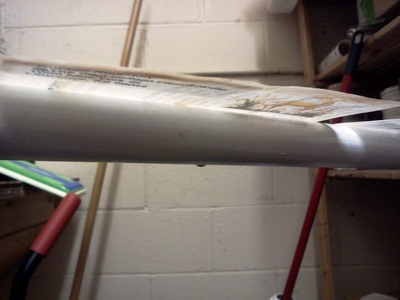
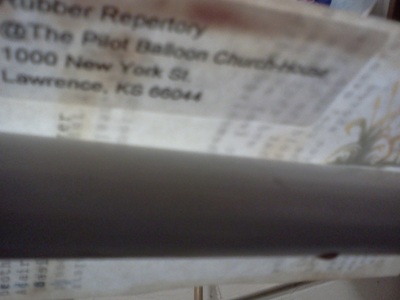
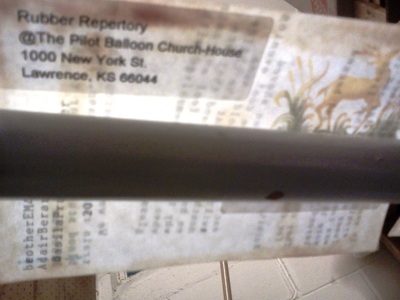

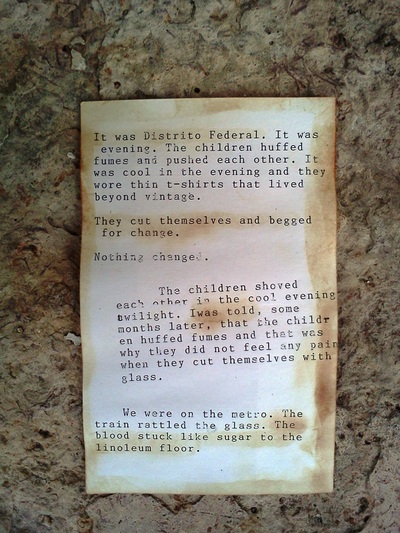
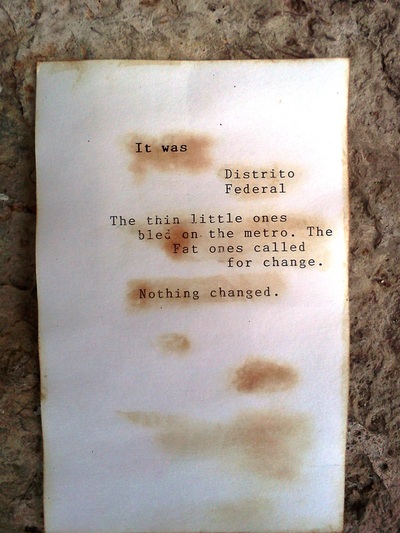
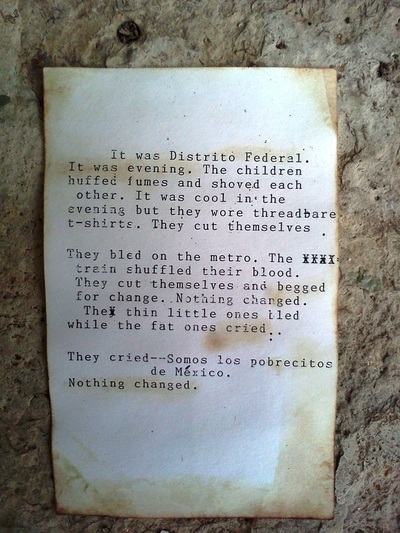
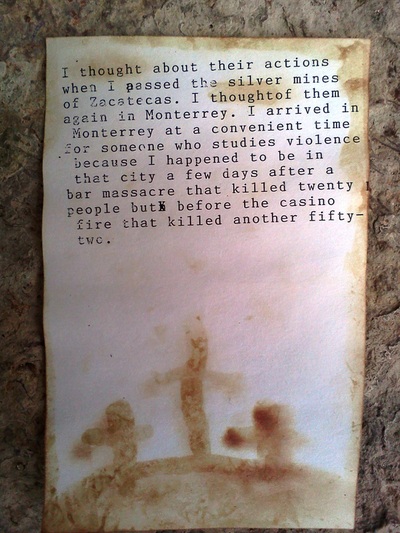
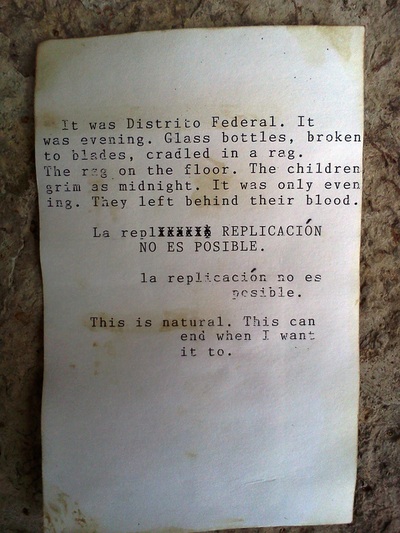
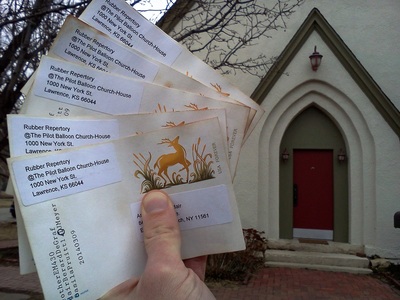

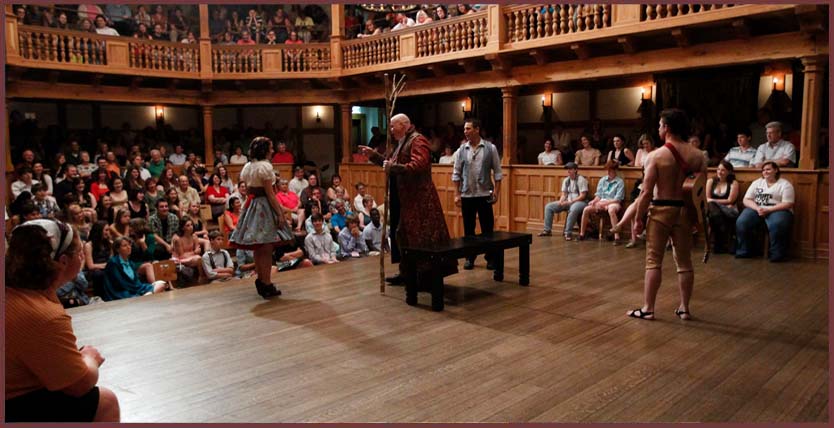
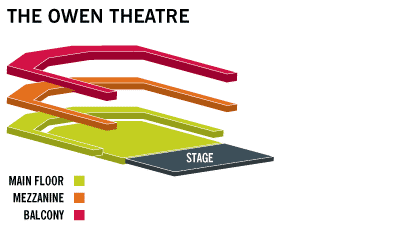
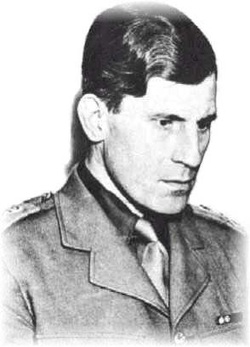
 RSS Feed
RSS Feed